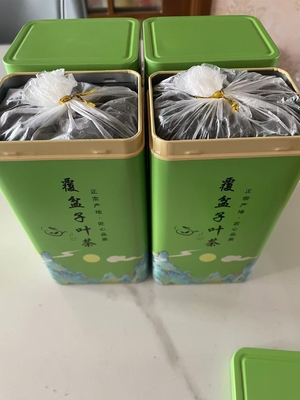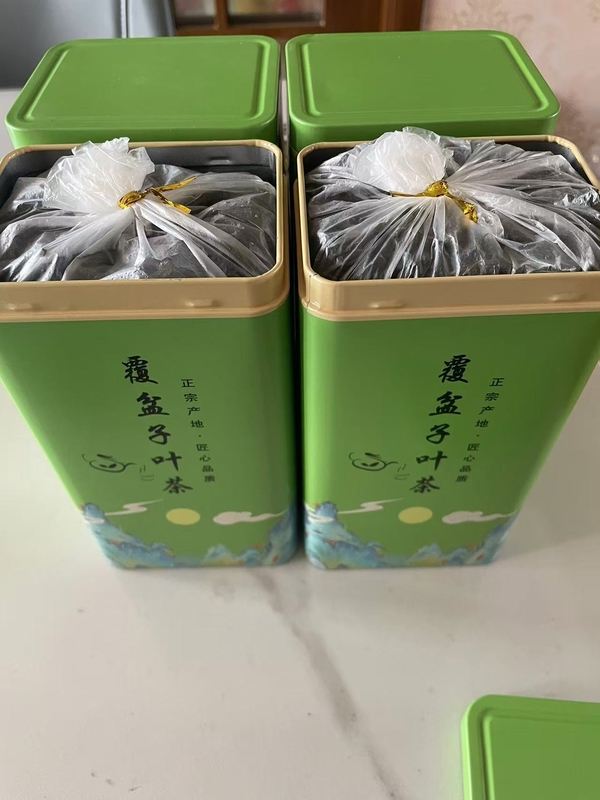
Sweet leaf tea contains three of the most valuable components: it contains 4.1% bioflavonoids, 18.04% tea polyphenols and sweetener
-
Chinese NameFU PEN ZI YE
-
English NameRaspberry Leaf
-
SpecificationDried Root,Cut Slice,Powder,Extract Powder
-
ApplicationMedicine,Health Care Food,Tea Drinks,etc
-
TypesDried Root Medicine
-
Packing1kg/Bag,20kg/carton,as Per Buyers Request
-
Place of OriginChina
-
Brand NameGenus
-
Model Numberraspberry
-
Minimum Order Quantity1kg
-
Pricenegotiable
-
Packaging Details1kg/Bag,20kg/carton,as per buyers request
-
Delivery Timewithin 7 days
-
Payment TermsT/T,Western Union,MoneyGram
-
Supply Ability100 Tons
Sweet leaf tea contains three of the most valuable components: it contains 4.1% bioflavonoids, 18.04% tea polyphenols and sweetener
The sweet leaves of the palm-leaf raspberry are currently the best natural, non-toxic, high-sugar, low-calorie and health-promoting sweet plant in the world. They are a type of sugar substitute that is being vigorously sought after by developed countries around the world. They are suitable as an excellent raw material for high-quality tea that can be consumed by people who want to avoid excessive sugar intake over a long period of time, as it can help prevent obesity and induce diseases such as hypertension, diabetes, cardiovascular diseases, and kidney problems.
The sweet leaves of the palm-leaf raspberry are a perennial thorny shrub of the Rosaceae family. The leaves can be used in tea and medicine. It is a unique and rare wild sweet plant in China, and it has the magical effect of naturally sweet without any sugar. In the early ***0s, Japanese experts when examining the sweet leaves of the palm-leaf raspberry said: "The taste of the raspberry sweet leaves is the easiest for people to accept and it is a new type of high-end sweet beverage in the world." Since then, raspberry sweet leaf tea has been highly favored in Japan as the second-generation health supplement. Since the ***0s, Japan has been purchasing large quantities of dried raspberry sweet leaves from China.
Sweetleaf tea has become popular in Japan for several reasons:
1. Sweet tea leaves have been consumed as tea in folk culture for a long time. During festivals and celebrations, the leaves are boiled to make a sugar substitute for food processing. They are also used as medicine, with the effects of clearing heat and detoxifying, moistening the lungs, expectorating phlegm, and relieving cough.
2. It has been discovered by Japanese medical researchers that in addition to the aforementioned medicinal functions, sweet tea also has anti-inflammatory and anti-allergic effects, and can effectively alleviate the symptoms of patients suffering from pollen allergies, sore throats, and chronic rhinitis.
3. The Japanese consider the three most valuable components present in sweet leaf tea to be: containing 4.1% of bioflavonoids, *8.*4% of tea polyphenols, and sweeteners.
Flavonoids: The medical community has confirmed through research that flavonoids are excellent substances for preventing cardiovascular and cerebrovascular diseases as well as for cancer prevention and treatment.
Tea polyphenols: They are currently the most ideal pure natural antioxidants and have a wide range of applications.
Sweetener: The sweetener extracted from sweet tea is the best-tasting among sweet plants. Its sweetness is approximately 300 times that of sugar.

